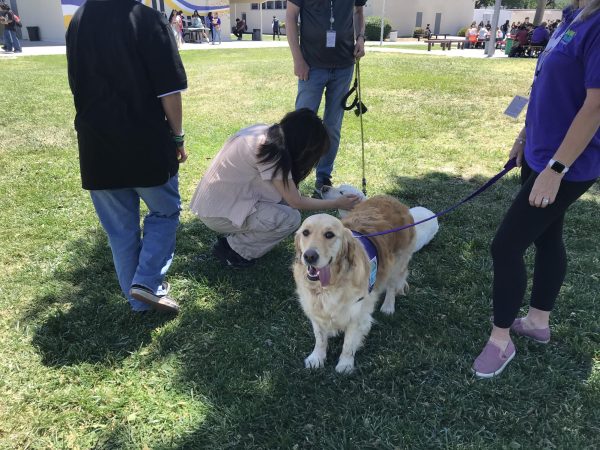The pandemic’s toll on mental health is evident in East Asia
In Japan and South Korea, more people died from suicide in a month than all Covid cases in 2020
February 3, 2021
Undoubtedly, the Covid-19 pandemic has impacted everyone’s lives. However, in countries like Japan and South Korea, more people have died from suicide in October than all Covid cases in 2020, and this can be directly linked to the devastating pandemic.
Prior to 2020, suicide rates in Japan and Korea had been steadily declining. According to the Japan’s health ministry, the number of suicides had dropped to 20,000, in 2019, the lowest it’s ever been since 1978. However, in the pandemic, numbers began to spike up.
“Suicides rates are going up because many people lost their jobs and it seems like they are not able to communicate for help,” said Amador Japanese teacher Reiko Murphy.
Women have been most impacted. While male suicide rates increased by 22%, suicide rates for women increased by 83% compared to their October 2019 rates. This might be because women make up a majority of the hotel, travel, retail, and food industries. In the pandemic, many lost their jobs, making affording necessary essentials for their family or paying their bills a struggle.
Mental health is also viewed differently in countries like Japan and South Korea than in America. In America, the topic of mental health is more open to conversation, while in Asia, it’s generally more taboo.
“This culture still frowns upon mental health work. It’s seen as a weakness apparently. Your job can get access to your health care records if you go see a doctor for this sort of thing. There’s a huge shame in going to see someone for depression,” said Sean Gillespie, an educator currently residing in Korea.
This leads some to feel pressured to meet expectations of their society, without a support outlet.
“I would say there is a lack of emotional support towards these people. Society expects them to handle the pressure and push through it, when in most cases they are seconds away from exploding,” said Sean Choi, a South Korean living part time in South Korea.
There’s difficulty with giving people what they need when it’s frowned upon to look for people to ask and look for help.
“The difficulty of accessing mental health services sometimes discourages those who are seeking it. I also think the lack of understanding or knowledge of how to get help is a big barrier. If we don’t know how to get the help, we wouldn’t even know where to begin. It can be scary to ask for help and it is important to de-stigmatize talking about mental health,” said Amador Support Counselor Jennifer Yu.
Because of the spike of suicides from the pandemic, Koki Ozura, a Japanese student studying in Japan, created a non-profit 24-hour mental health hotline called Anata no Ibasho (A Place for You).
He says on average they receive around 200 calls a day where people share their struggles anonymously. 600 volunteers all over the world answer these calls, but it isn’t always enough to keep up with the increasing number of messages especially now. Ozura states that before the pandemic, there were more places to “escape,” but now because of the pandemic, people feel trapped.
The pandemic has been an unprecedentedly tough time, but one that is hopefully nearing an end, especially with vaccines in circulation.
Message from Amador’s counselors: Students can go to a trusted adult for help. Share what you’re observing in yourself and what you think can help. It’s still important to seek out support even if you’re not sure what can help you. Although students may be reluctant to talk to their parents about what they’re going through, parents are often in the best position to help the student pursue treatment options.
You can reach out to your school counselor. Share what you’re going through and they can even help you navigate the discussion with your parents and talk to you about possible treatment options and how to access mental health services. PUSD partnered up with Care Solace. It was a service we advertised in our November Counseling newsletter. We want students to know that there are resources out there and we can help them find it.

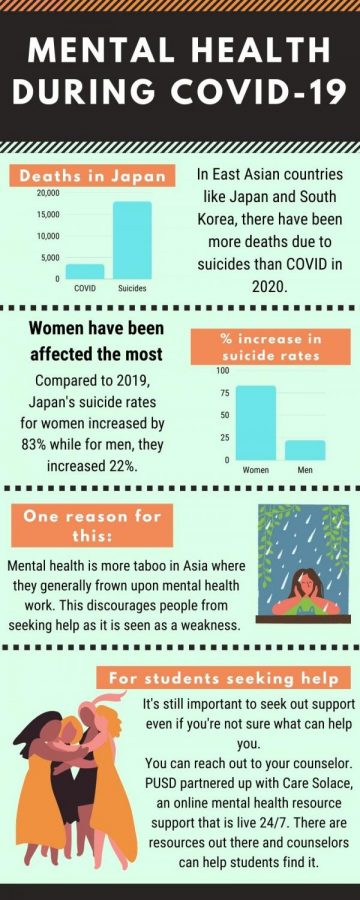
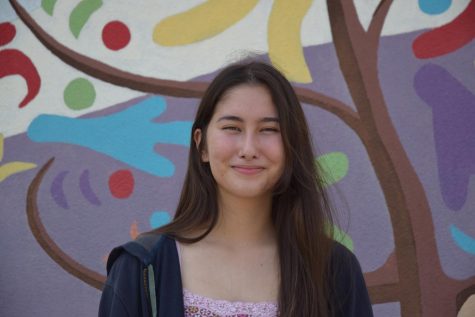
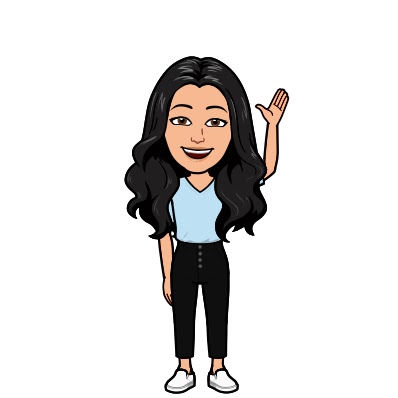

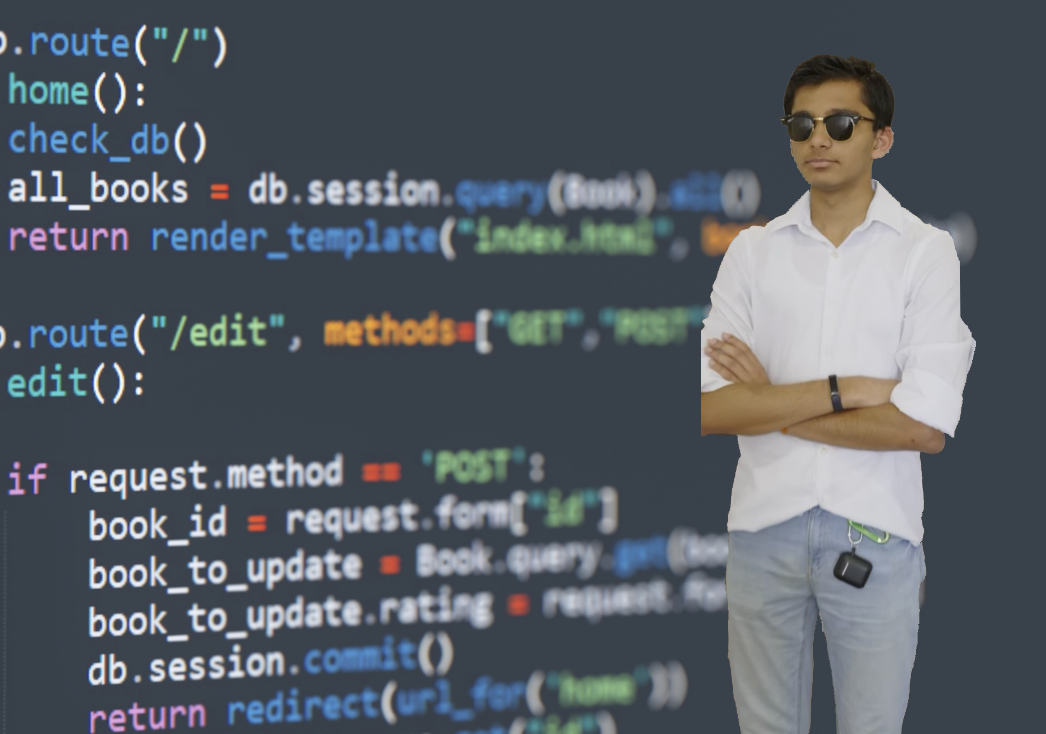
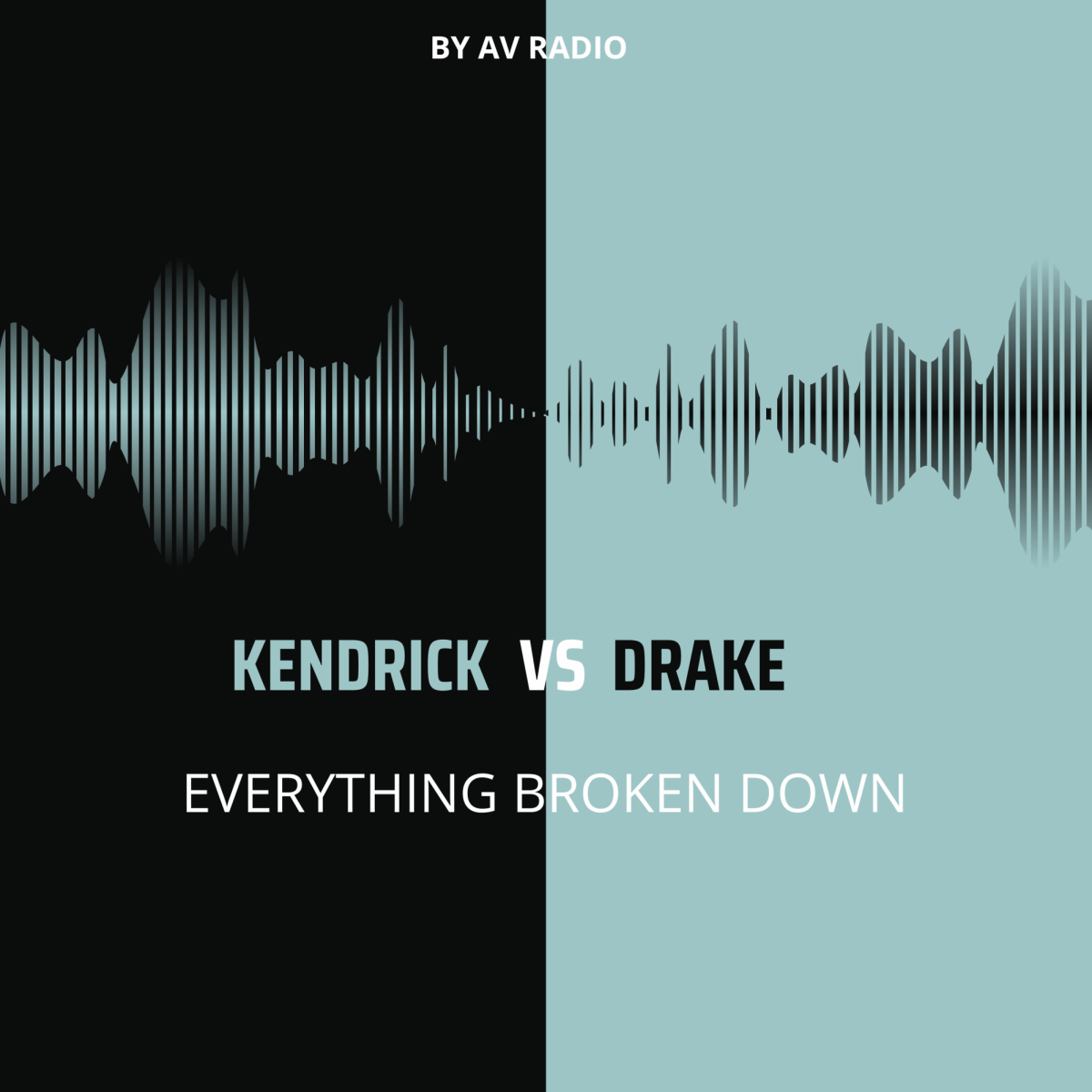

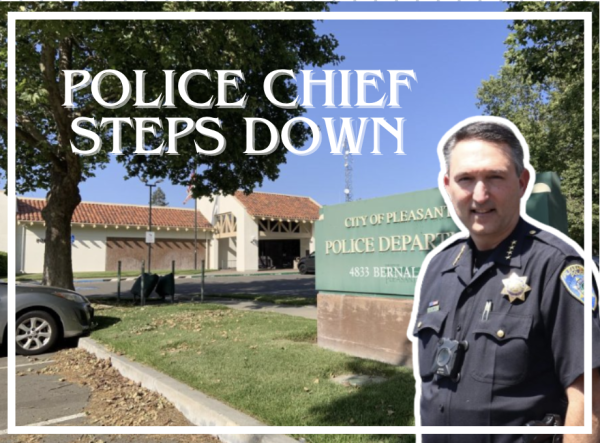
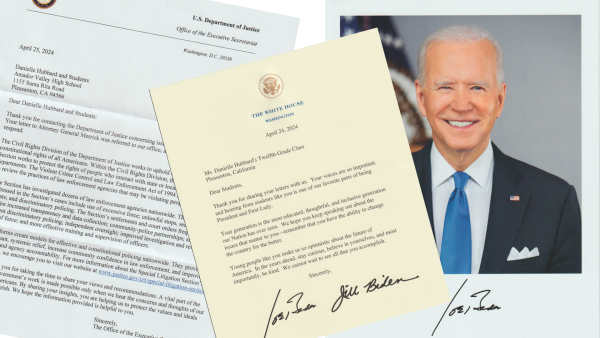

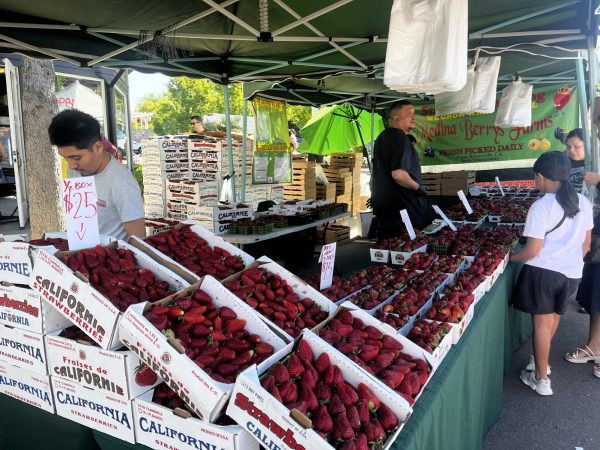

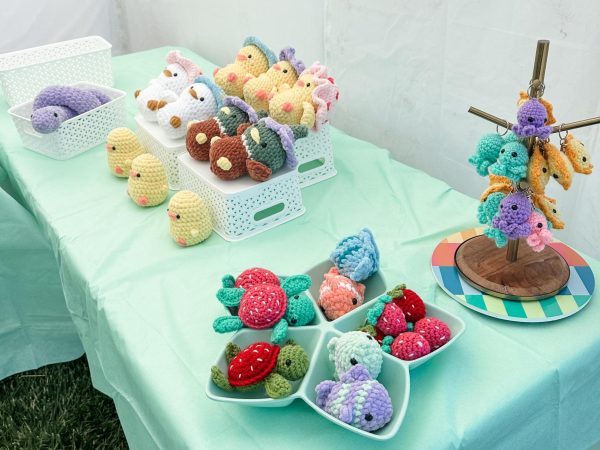
![The outgoing EICs [left to right] Zenil Koovejee, Aileen Hu, Ritika Gupta, Zaynah Shah, and Audrey Combs take a picture with journalism advisor Wendy Connelly to commemorate their last banquet.](https://www.amadorvalleytoday.org/wp-content/uploads/2024/05/458E2D9A--600x451.jpg)
